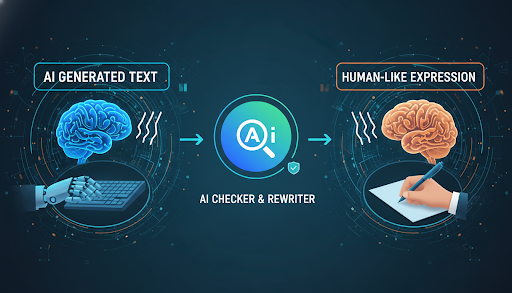If you’re delving into Illinois background checks, you’ll want to know the essentials for navigating this process. From credit reports to criminal histories, income verification, and eviction records, understanding the components and laws is key.
By learning about the purpose, procedures, and compliance requirements, you’ll be well-prepared to handle background checks effectively.
Let’s explore Illinois background checks together to uncover the key details for a smooth and compliant screening process.
Components of Illinois Background Checks
When conducting Illinois background checks, you need to include various components such as credit reports, criminal history, income verification, eviction history, and landlord references.
For a thorough background check Illinois, start with reviewing credit reports to assess financial responsibility. Dive into criminal background checks Illinois to ensure safety and security. Verify income through pay stubs and tax documents. Check eviction history to understand tenant behavior. Lastly, contact previous landlords for references to gauge reliability.
Each of these components plays a crucial role in painting a comprehensive picture of an individual’s background in Illinois. Make sure to cover all these aspects when conducting a background check in Illinois for a well-rounded evaluation.
Purpose and Reasons for Background Checks in Illinois
To understand the purpose and reasons for background checks in Illinois, you must recognize the significance of safeguarding safety and property, reducing tenant turnover, and minimizing legal liability. Background checks serve to protect the well-being of individuals and assets within rental properties, ensuring a secure environment.
By screening potential tenants, landlords can identify trustworthy individuals, thereby decreasing turnover rates and fostering a stable rental community. Additionally, conducting background checks helps landlords mitigate legal risks by verifying applicants’ backgrounds and reducing the likelihood of future conflicts or criminal activities.
Background Check Process in Illinois
For the background check process in Illinois, you need to ensure compliance with the Fair Credit Reporting Act (FCRA). The FCRA mandates a seven-year restriction on reporting certain background check information, ensuring data accuracy and privacy protection. Costs for background checks vary based on the area and level of detail required.
Illinois State Police offers state criminal background checks for $15-$20 per name, while county records, being more accurate, cost $16-$25 per person per county checked. To maintain legality, written consent from the individual is necessary before conducting a background check.
Achieving compliance with state and federal laws is crucial, especially when dealing with sensitive information. Consider partnering with a reputable third-party provider for a smoother background check process.
Laws Governing Illinois Background Checks
Compliance with state and federal laws regarding Illinois background checks is essential for ensuring legal adherence and protection of individual rights. Illinois is a Ban-the-Box state, regulating when and how employers can inquire about criminal information.
The Illinois Human Rights Act (IHRA) prohibits using arrest or conviction records to deny employment. Executive Order 2013-1 bars public employers from asking about criminal histories on job applications. The Job Opportunities for Qualified Applicants Act limits private employers from inquiring about criminal records during pre-employment checks.
The Employee Background Check Fairness Act prevents discrimination solely based on criminal history. Understanding laws like IHRA’s factors for considering conviction records and the need for written consent before conducting a background check is crucial for compliance and fair practices.
Specific Illinois Background Check Laws and Compliance
Continuing from the previous subtopic on laws governing Illinois background checks, delve into specific Illinois background check laws and compliance by understanding key regulations and requirements for conducting thorough and lawful background checks in the state.
Under the Illinois Human Rights Act (IHRA), employers must consider specific factors when using conviction records for pre-employment background checks. Executive Order 2013-1 mandates assessments to mitigate discriminatory effects of denying applicants based on criminal history.
The Job Opportunities for Qualified Applicants Act limits private employers from inquiring about criminal history until after an interview or conditional offer. The Employee Background Check Fairness Act prohibits discrimination based on criminal history unless directly related to job duties.
Compliance with the Illinois Uniform Conviction Information Act, obtaining written consent, and aligning tenant denials with the Fair Housing Act are essential for conducting background checks in Illinois.
Conclusion
Now that you know the key components, purpose, process, and laws governing Illinois background checks, you’re well-equipped to navigate the screening process effectively.
By understanding the intricacies of background checks in Illinois, you can ensure compliance and make informed decisions as a landlord, employer, or individual seeking employment.
Stay informed, stay compliant, and approach background checks in Illinois with confidence.











